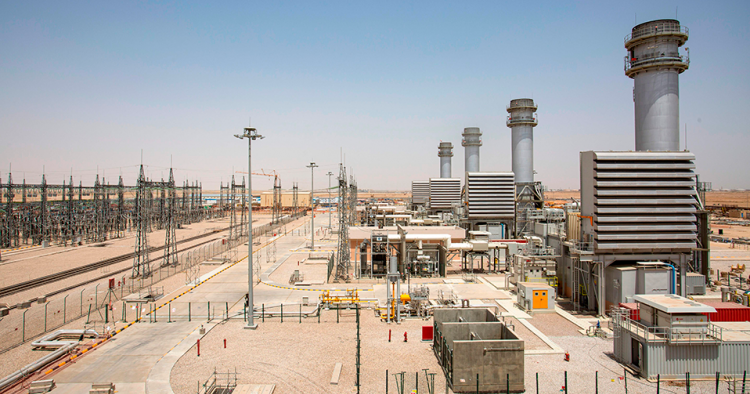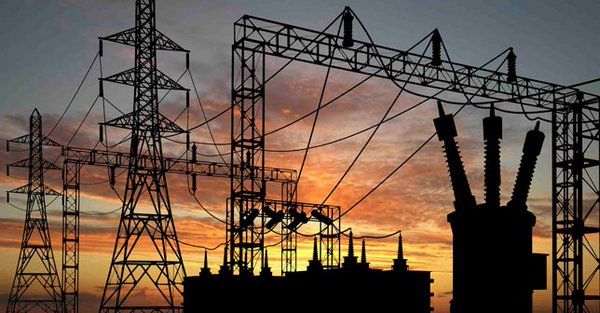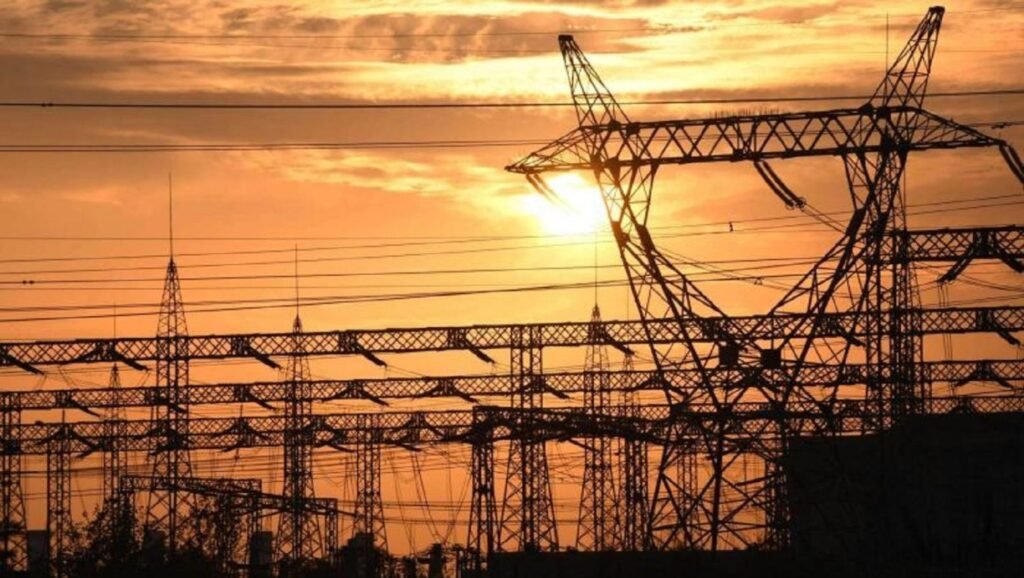Iraq electricity use remains a critical issue for the nation. Even though Iraq is one of the world’s leading oil and gas producers, it continues to experience chronic electricity shortages and must import power to meet domestic demand. Understanding why this occurs requires examining historical development, infrastructure challenges, financial constraints, and political dynamics affecting the country’s electricity sector.
The Paradox of Energy Abundance
Iraq possesses some of the largest oil reserves globally, yet millions of citizens face rolling blackouts, particularly during summer months. One would assume that a country with such abundant energy resources could meet its domestic electricity needs easily. However, in practice, Iraq struggles to generate sufficient electricity, creating a reliance on imports to support its daily consumption.
This paradox is largely due to the mismatch between resource availability and energy infrastructure. While oil production generates significant export revenue, much of it does not translate into domestic electricity generation. Electricity in Iraq largely depends on natural gas, some of which must be imported to fuel power plants, creating vulnerability in energy supply.

Outdated Infrastructure Limits Electricity Use
A primary factor limiting Iraq electricity use is its aging infrastructure. Many power plants, transmission lines, and distribution networks are decades old and prone to frequent breakdowns. Technical losses during transmission are high, with a large portion of generated electricity failing to reach consumers.
Power plants themselves often operate below capacity due to fuel shortages, operational problems, and a lack of skilled personnel. Even when modern plants exist, delays in obtaining spare parts or technical expertise can prevent them from functioning efficiently. Overloaded distribution systems during peak demand further reduce the effective electricity supply available to households and businesses.

The cumulative effect of these technical inefficiencies is that Iraq’s electricity use is severely constrained by the inability of its infrastructure to deliver consistent power to its population.
Financial Constraints and Subsidies
Financial issues significantly affect Iraq electricity use. The electricity sector is heavily subsidized, meaning consumers pay far less than the actual cost of production. While subsidies make electricity affordable for citizens, they also create a funding gap that prevents the sector from investing in upgrades or expansions.
Revenue collection is often poor, with many households and businesses either not paying their electricity bills or paying only partially. This shortfall limits the government’s ability to maintain existing infrastructure, let alone expand capacity. Subsidies and revenue problems also discourage private investment, slowing the development of additional power generation facilities that could increase domestic electricity use.
Without structural reforms to improve revenue collection and reduce losses, Iraq will continue to struggle to meet growing electricity demand despite its energy wealth.

Political Instability and Governance Challenges
Political instability and corruption have compounded Iraq’s electricity challenges. Decision-making is often influenced by political considerations rather than technical expertise, and contracts for energy projects may be awarded based on connections rather than capability. Mismanagement and corruption result in substandard project execution, delayed implementation, and inefficient use of resources.
These governance issues reduce investor confidence, delay modernization projects, and hinder the ability to expand electricity use reliably. Additionally, Iraq’s energy sector is vulnerable to regional political dynamics, as reliance on imported gas or electricity from neighboring countries exposes it to external pressures.
Dependence on Imported Energy
Despite being energy-rich, Iraq relies on imported electricity and natural gas to meet domestic demand. Many power plants cannot function without supplementary fuel, and imports are essential during peak periods or when domestic generation falls short. This dependence on imports directly affects Iraq electricity use, as consumption in some areas cannot be reliably supported without external supply.
This reliance creates vulnerability. Any disruption in imports, due to regional tensions, supply chain issues, or political constraints, can lead to blackouts, limiting overall electricity use and impacting households, businesses, and public services.
Efforts to Improve Electricity Use
Recognizing the challenges, Iraq has taken steps to improve domestic electricity use and reduce dependence on imports. These initiatives focus on diversifying energy sources, investing in renewable energy, and modernizing infrastructure.
Diversifying Energy Sources
Iraq is pursuing agreements with neighboring countries to supplement domestic electricity supply in the short term. While these agreements stabilize supply temporarily, the long-term goal is to expand local power generation capacity so that Iraq electricity use can rely less on imports.
Investing in Renewable Energy
Renewable energy offers a sustainable path for Iraq to increase electricity use without increasing reliance on imported gas. Solar and wind projects, taking advantage of Iraq’s natural conditions, could contribute to domestic electricity production. Solar energy, in particular, has high potential given Iraq’s abundant sunlight. Over time, renewable sources can supplement conventional generation and help stabilize consumption.
Infrastructure Modernization
Rehabilitating Iraq’s aging electrical infrastructure is essential to improving electricity use. Modernizing power plants, transmission lines, and distribution networks reduces technical losses and improves efficiency. Expanded grid coverage ensures that electricity reaches underserved regions, allowing more citizens and businesses to access reliable power.
Efforts to upgrade infrastructure include international partnerships and investment initiatives. While progress is slow due to security challenges and bureaucratic obstacles, modernization remains a critical step in supporting sustainable electricity use.

Social and Economic Implications
Limited electricity use has significant social and economic consequences. Frequent blackouts disrupt households, businesses, and public institutions. Hospitals, schools, and government offices struggle to operate effectively, while households often rely on costly generators to meet basic electricity needs.
Economic growth is hindered as unreliable electricity discourages investment, reduces productivity, and limits opportunities for job creation. Improving domestic electricity use could unlock significant economic potential, improve living standards, and attract private sector investment.
The Road Ahead
Addressing Iraq electricity use challenges requires a multifaceted strategy. Short-term solutions, such as importing electricity, are necessary to maintain stability, but long-term success depends on structural reforms, infrastructure investment, and governance improvements.
Reforming the electricity sector to increase efficiency, ensure fair pricing, and attract investment is essential. Transparent project management, anti-corruption measures, and improved financial practices will help ensure that domestic electricity use can expand sustainably.
Public engagement is also important. Energy conservation efforts and timely bill payments by citizens can help stabilize the system. Education and awareness campaigns can promote responsible electricity use, reducing unnecessary demand and supporting the grid.
Conclusion
Iraq electricity use remains constrained despite abundant energy resources due to outdated infrastructure, financial strain, political instability, and dependence on imported fuel. Efforts to modernize the grid, diversify energy sources, and invest in renewables are promising but require strong governance and sustained effort.
Achieving reliable and self-sufficient electricity use will not only improve quality of life but also stimulate economic growth. By addressing systemic challenges, Iraq can transform its energy sector from one of dependence to one of resilience and sustainability, allowing the country to fully leverage its natural resources for the benefit of its citizens.
The paradox of an energy-rich country struggling to provide electricity is clear, but with focused reforms, Iraq electricity use can be expanded sustainably to meet growing demand and drive national development.
Do follow UAE Stories on Instagram
Read Next – Sudan Peace Plan 2025: Three-Month Truce Proposed to End Conflict












